Advance Medical Directive
What is an Advance Medical Directive (AMD)?
An Advance Medical Directive is a legal document recording an individual's personal medical wishes. Its purpose is to inform healthcare professionals and family members of the person's wishes, to be implemented when the individual loses mental capacity. This helps reduce unnecessary suffering from medical procedures (such as external cardiac compression) and allows the individual to live out their final days with dignity.
Our fees
The fee for establishing an AMD is HKD 2,000. For two individuals creating directives together, the fee for each person is HKD 1,500.
Alongside also offers a certified copy service of the AMD for trusted individuals to keep, with each certified copy costing HKD 100.
The importance of AMD
Modern medicine and legal systems place great emphasis on personal autonomy. When a patient is conscious and mentally capable, their wishes are paramount. A patient over eighteen years old with mental capacity has the right to refuse any medical treatment imposed upon them, even if such a decision may endanger their life. However, when a patient loses mental capacity (e.g., falling into a coma due to a traffic accident, or suffering from dementia), it becomes impossible to know their true wishes. In such emergencies, healthcare professionals and primary physicians must make decisions based on the patient’s best interest. Where feasible, family members are consulted to ensure medical plans reach a consensus.
For members of the LGBTQIA+ community, where same-sex relationships often lack both legal recognition and widespread social acceptance, and family relationships can be complex, the perspectives of same-sex partners might be overlooked or outright ignored in decision-making processes. Consequently, proactively establishing an AMD, which clearly states one’s personal healthcare preferences, and sharing this information with trusted people, is a vital step in guaranteeing that these wishes are both honored and upheld.
Scope of application for AMD
An AMD must be created while the individual is mentally capable and becomes effective under the following conditions:
- Loss of mental capacity to make one’s own medical decisions, and
- (i) Suffering from an irreversible terminal illness with a short remaining lifespan measured in terms of months, weeks, or days; or
(ii) In a state of irreversible coma or persistent vegetative state; or
(iii) Suffering from other advanced, irreversible illnesses that don’t meet the above conditions but limit lifespan (e.g., end-stage renal failure, advanced motor neuron disease, or end-stage chronic obstructive pulmonary disease).
Individuals can specify their medical preferences in the AMD, including refusing cardiopulmonary resuscitation or other life-sustaining treatments like invasive or non-invasive ventilation, the use of inotropes or vasopressors, hemodialysis, blood transfusion, pacemakers, antibiotics, artificial nutrition and hydration through the use of tubes and/or catheters.
It is important to distinguish an AMD from “euthanasia” Current proposed legislation specifies that an AMD can only refuse ‘Life-sustaining Treatment’, but not ‘Basic Care’ or ‘Palliative Treatment’, nor can it stipulate the use of certain drugs to hasten or induce death.
Legislation of AMD in Hong Kong
According to the government’s gazette in December 2023 on the draft bill, the demand for setting up AMD has significantly increased, with the number of directives refusing cardiopulmonary resuscitation rising from 325 in 2013 to 1742 in 2021.
However, AMD currently do not have a statutory status in Hong Kong. Their legality and applicability are granted by common law. Thus, emergency personnel and healthcare professionals have reservations about not administering emergency or other life-sustaining treatments. Given this, the government is consulting on the ‘Advance Decision on Life-sustaining Treatment Bill’ which specifies the legal status, scope of application, and protections for healthcare and emergency personnel regarding AMD. Deliberate violation or obstruction of a valid AMD is considered a criminal offense to ensure respect for the individual’s medical wishes, reducing unnecessary suffering, and allowing the patient to end their life with dignity.
How to establish an AMD ?
Under the current gazetted draft bill and the current framework adopted by the Hospital Authority, an AMD must be explained by a registered doctor to the individual and signed in the presence of a witness who to their best knowledge has no conflict of interest with the individual.
Services by Alongside
Alongside offers free consultation services to explain the content and choices of AMD. These are filled out by a registered doctor, ensuring the individual’s mental capacity and clear understanding of the implications. This ensures the legality of the directive, which becomes effective upon signing in the presence of another witness.
Questions?
We are eager to hear from you and provide any assistance you may need. We look forward to connecting with you soon!

